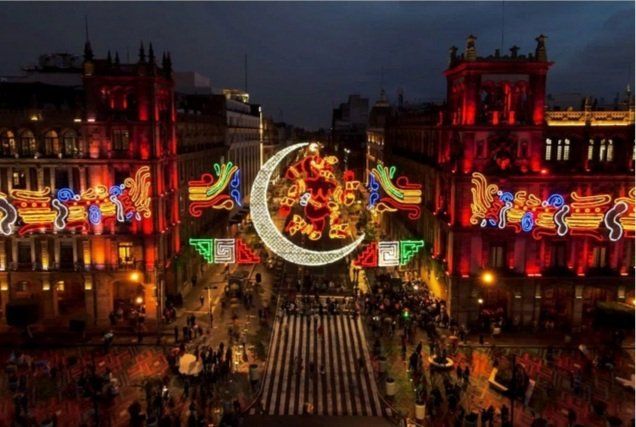El Grito: This is what the priest Hidalgo shouted
There are no myths but traditions that modify their form of celebration. Its purpose is to promote national identity and seek examples of patriotism. On September 15, the Grito de Independencia ceremony is held in Mexico and in various parts of the world.





